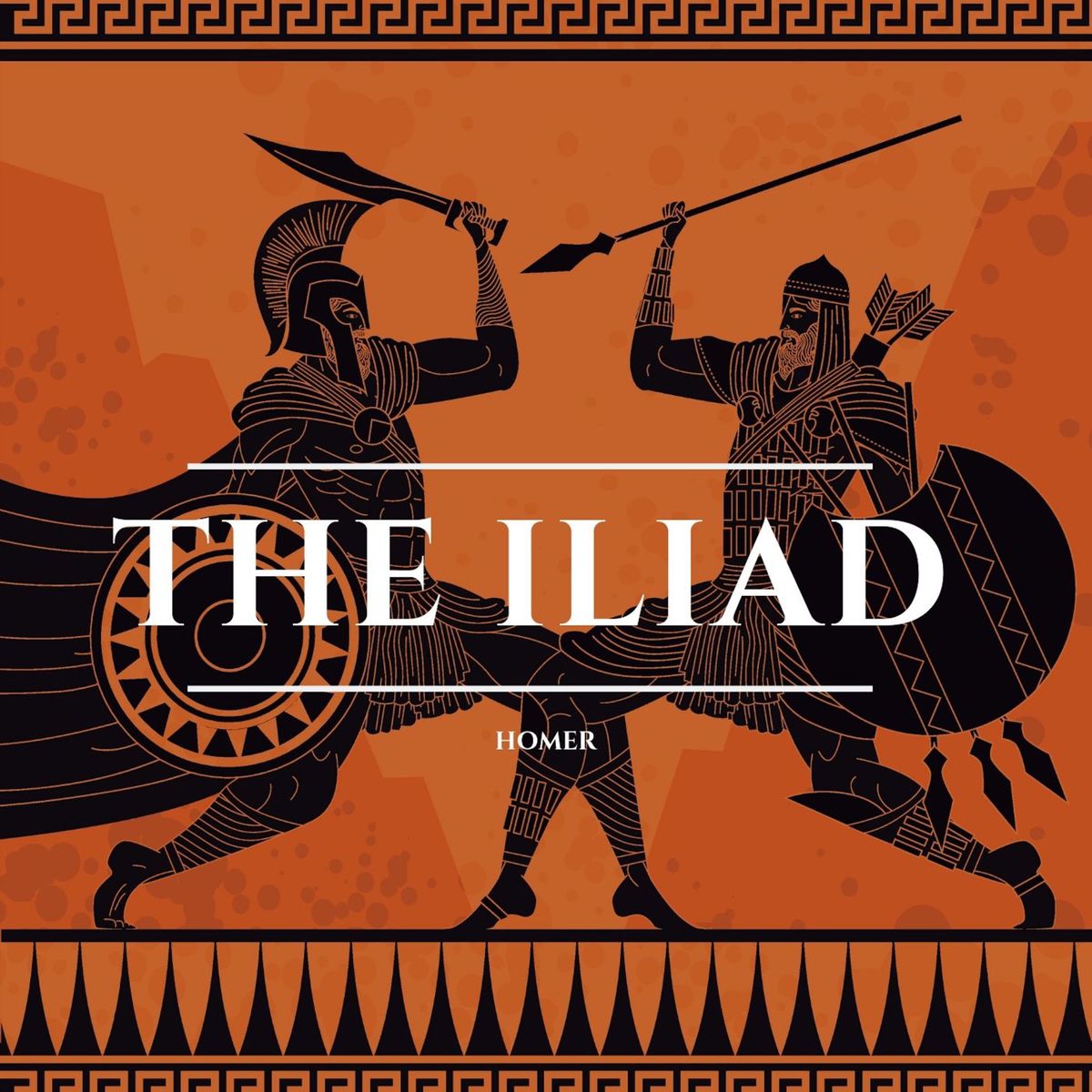

But they also contain details which derive from later times.

Photo by Andreas Trepte, The poems contain descriptions which evoke this glorious lost age. Mycenae was one of the most important settlements in Greece during the Bronze Age. The precise reasons for why their civilisation collapsed in the 12th century BC are still a matter of scholarly debate. It finds its counterpart in the grand palaces that Mycenaean Greeks built in the Peloponnese in the period between 1600–1200 BC. Still today the monumental architecture of the city of Troy speaks of the highly developed civilisation that flourished in this period in Anatolia. The men of this time are presented as far stronger and mightier than those who came after them. Many scholars today believe that, if anything like the Trojan War ever happened, the most feasible historical background for the heroic age of the epics is the Late Bronze Age, about 400 years before the Iliad and Odyssey were first written down. The poems may also preserve memories of an earlier, heroic age. The story of the judgement of Paris, in other words, is at least contemporary, if not older, than the poems themselves.

It's taken for granted that anyone coming to the poems would already have known the details. The story of the origins of the Trojan War, for example, in which Paris, prince of Troy, granted Aphrodite, goddess of love, the golden apple, is alluded to only briefly by Homer. On the right, Helen is approached by three women bringing jewellery and perfume. Aphrodite, last of the three, lifts her dress to show a flash of leg. At the left, Paris awaits the three goddesses. This Etruscan painting from a tomb shows the Judgement of Paris.


 0 kommentar(er)
0 kommentar(er)
